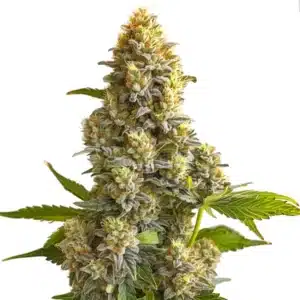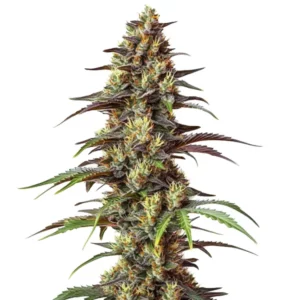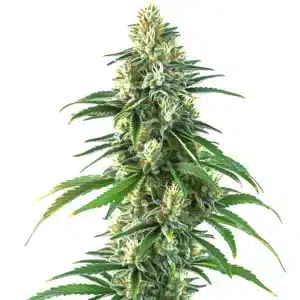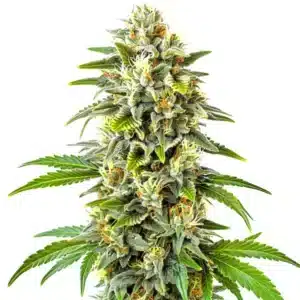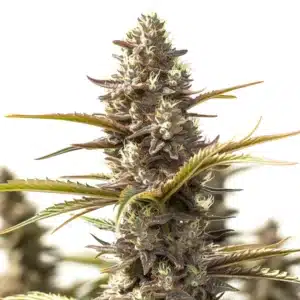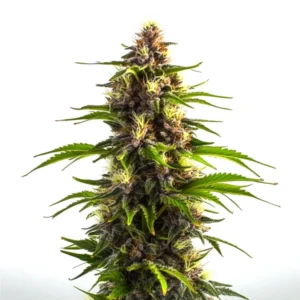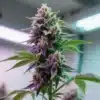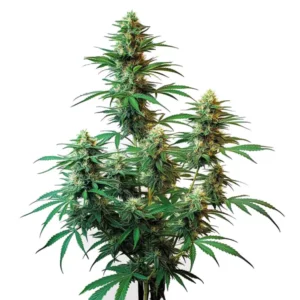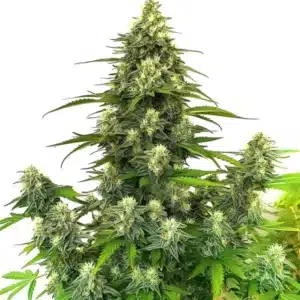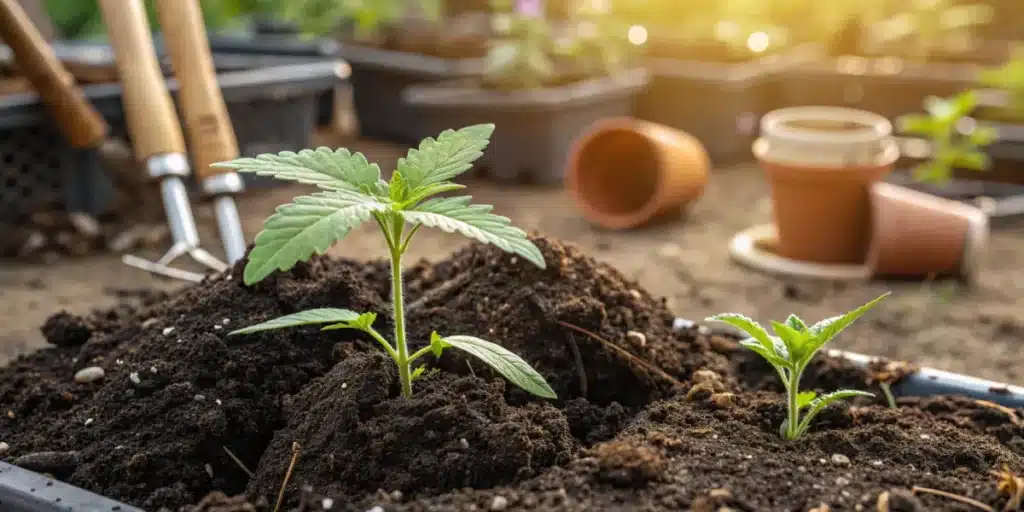
Best Organic Soil Autoflowers
Why Choosing the Best Organic Soil for Autoflowers Matters
Autoflowering cannabis plants have their own set of unique requirements, and selecting the best organic soil for autoflowers can make all the difference in achieving a healthy, thriving crop. These plants have a shorter lifecycle compared to photoperiod strains, meaning they have less time to recover from nutrient deficiencies or environmental stressors. Using the right organic soil provides the essential nutrients needed throughout their accelerated growth cycle, ensuring they reach their full potential without unnecessary setbacks.
Organic soil also plays a vital role in maintaining a balanced ecosystem within the growing medium. When paired with the best organic nutrients for autoflowers, it enhances microbial life that aids nutrient uptake and root health. Unlike synthetic alternatives, which may contain harsh chemicals and salts, organic soils support a living environment that helps autoflowers grow vigorously while remaining resilient to pests and diseases.
Recommended Strains
Bruce Banner Autoflower
|
|
THC | 21% - 26% (Medium) |
|
|
Type | Autoflowering |
|
|
Yield | High |
|
|
Phenotype | 30% Indica / 70% Sativa |
Bruce Banner Regular
|
|
THC | 25% - 32% (High) |
|
|
Type | Regular |
|
|
Yield | High |
|
|
Phenotype | 40% Indica / 60% Sativa |
Promos & Deals
Key Characteristics of the Best Organic Soil for Autoflowers
Light and Airy Texture
Autoflowers prefer a soil mix that is light and fluffy, ensuring that roots can easily expand and access oxygen. Compact or overly dense soil can restrict root growth and hinder nutrient uptake, leading to stunted plants. Achieving the right balance between aeration and structure is essential for promoting healthy root development and preventing common issues such as root rot or oxygen deprivation.
An ideal soil mix often includes ingredients like coco coir, perlite, or vermiculite to create a loose texture that facilitates proper air exchange. These components work together to improve soil porosity, allowing roots to breathe and absorb nutrients efficiently.
Well-Draining Properties
A proper organic soil mix should offer excellent drainage to prevent waterlogging, which can lead to root rot and other issues. Ingredients like perlite and coco coir can help maintain the right balance between moisture retention and aeration. Overly compacted soil can lead to standing water around the root zone, which is detrimental to plant health.
Ensuring the soil has good drainage will also prevent nutrient lockout, where excess moisture interferes with the plant’s ability to absorb essential elements. Well-draining soil allows for consistent hydration without over-saturating the roots, providing an optimal growing environment.
Rich in Organic Nutrients
The best organic soil for autoflowers should contain a mix of compost, worm castings, and organic amendments such as bat guano and bone meal. These elements provide a slow release of essential nutrients throughout the plant’s life cycle, supporting strong growth and healthy bud development. Unlike synthetic fertilizers, organic nutrients are more sustainable and encourage long-term soil health.
Incorporating organic matter also improves soil structure and water-holding capacity, ensuring a consistent supply of nutrients while minimizing the risk of overfeeding. The best autoflower soil offers a balanced nutrient profile that includes macronutrients like nitrogen, phosphorus, and potassium, along with essential trace minerals for optimal plant metabolism.

Essential Ingredients for an Ideal Autoflower Soil Mix
Peat Moss
Peat moss is a key ingredient in many organic soils, offering excellent water retention while maintaining a light texture. It helps in creating an environment where roots can thrive without becoming waterlogged. Peat moss is also slightly acidic, which can be beneficial for maintaining the ideal pH range for cannabis plants.
Another advantage of using peat moss is its ability to improve soil structure, providing a stable base for root development. However, it’s important to use sustainably sourced peat moss to minimize environmental impact and ensure long-term soil health.
Perlite
Adding perlite to the mix enhances aeration and drainage, ensuring the roots receive adequate oxygen. It’s particularly beneficial in preventing compacted soil that can restrict growth. Perlite is a natural volcanic glass that expands when heated, creating a lightweight, porous material ideal for improving soil structure.
Perlite’s high porosity also helps with nutrient retention by preventing the soil from becoming too compacted. This ingredient is a must-have in any organic soil mix designed for autoflowering plants, as it allows roots to develop freely and absorb nutrients effectively.
Worm Castings
Packed with beneficial microbes and essential nutrients, worm castings improve soil structure and fertility. They provide a steady supply of nitrogen, phosphorus, and potassium in a form readily available to the plants. Worm castings also contain beneficial enzymes and bacteria that help break down organic matter, releasing nutrients gradually.
Using worm castings in organic soil mixes contributes to a healthy root environment by enhancing microbial activity. This leads to stronger plant immunity, improved nutrient uptake, and better resistance to common pests and diseases.

Comparing Commercial Organic Soils
Several commercial brands offer pre-mixed organic soils ideal for autoflowering plants. Options such as Fox Farm, BioBizz, and Roots Organic have gained popularity among growers due to their nutrient-rich and well-aerated compositions. These ready-to-use blends take the guesswork out of soil preparation and are formulated specifically for cannabis cultivation.
Fox Farm
Known for its balanced blend of organic materials, Fox Farm soil mixes contain beneficial microbes and fungi that support robust root development and overall plant health. Fox Farm’s Ocean Forest and Happy Frog varieties are particularly well-suited for autoflowers, providing a rich blend of compost, forest humus, and natural fertilizers.
These soils come pre-buffered with essential nutrients and a well-balanced pH, making them an excellent choice for both beginner and experienced growers alike.
BioBizz
BioBizz products emphasize sustainability and are crafted with organic inputs such as peat moss, compost, and perlite. They provide an excellent base for autoflowering plants, offering a slow release of nutrients that supports growth without overwhelming the plants.
BioBizz Light Mix and All Mix are among the most recommended options for autoflowers, catering to different growth stages while maintaining a high level of organic integrity.
Roots Organic
Roots Organic soils are packed with natural amendments, including bat guano and kelp meal, ensuring long-lasting nutrition for autoflowering cannabis. These soils are carefully blended to create an ideal balance of aeration, water retention, and nutrient availability.
Their nutrient-rich formula helps autoflowers thrive without the need for additional feeding, making them a convenient and effective choice for growers.
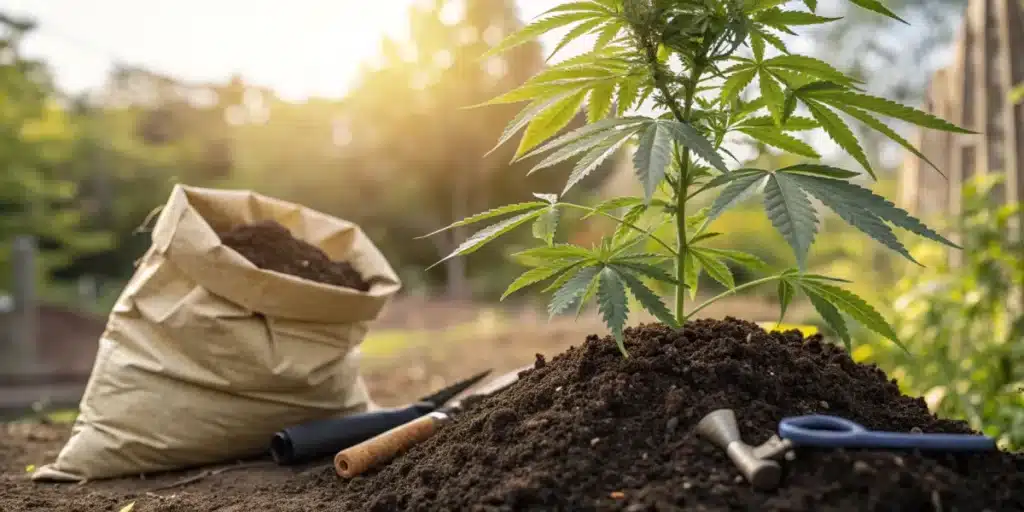
DIY Organic Soil Mix for Autoflowers
For those who prefer a hands-on approach, creating a custom organic soil blend can be rewarding. A basic mix might include:
- 40% peat moss
- 30% compost
- 20% perlite
- 10% worm castings
Mixing in natural amendments like rock dust and kelp meal can further enhance the nutrient profile and promote vigorous growth. Homemade soil mixes allow growers to tailor the composition to their plants’ specific needs, ensuring optimal performance throughout the growth cycle.
pH Considerations for Organic Autoflower Soil
Maintaining the right pH is critical for nutrient absorption. Autoflowers thrive in soil with a pH range of 6.0 to 6.5. Organic inputs such as dolomite lime can help stabilize pH levels, ensuring optimal growing conditions.
Regular testing of soil pH with a digital meter or test kit can help prevent nutrient lockout and deficiencies, allowing growers to make adjustments as needed.
How to Maintain Organic Soil Health Throughout the Grow Cycle
Keeping organic soil in top condition requires ongoing care and attention. Regularly adding organic matter such as compost or worm castings can help replenish nutrients and maintain soil fertility. Mulching with organic materials like straw or leaf litter can also help retain moisture and regulate temperature.
Proper aeration is essential to prevent soil compaction, which can hinder root growth. Occasional light tilling or the use of cover crops can improve soil structure and support healthy microbial activity throughout the plant’s life cycle.
Signs of Poor Soil Quality and How to Fix Them
Identifying soil issues early can prevent poor growth outcomes. Common signs of poor soil quality include yellowing leaves, slow growth, and poor water drainage. These symptoms often indicate deficiencies or imbalances in nutrients, pH, or microbial life.
To fix these issues, consider amending the soil with organic fertilizers, adjusting pH levels, and ensuring proper watering practices. Regular soil testing can provide insights into nutrient levels and pH, helping to make informed adjustments.
Best Practices for Storing Organic Soil
Proper storage of organic soil ensures its longevity and effectiveness. Store soil in a cool, dry place away from direct sunlight to prevent the breakdown of organic matter and nutrient depletion. Keeping the soil in breathable bags or containers helps maintain aeration and prevents mold growth.
Avoid storing soil in overly humid conditions, as this can encourage the development of pests and pathogens. Checking stored soil periodically for signs of spoilage, such as foul odors or unusual textures, can help maintain its quality for future use.
FAQs
Why is the best organic soil for autoflowers important?
Choosing the best organic soil for autoflowers ensures optimal growth, providing the right balance of aeration, drainage, and nutrients.
What makes the best organic soil for autoflowers different from regular soil?
The best organic soil for autoflowers is specially formulated to meet the fast-growing needs of autoflowering strains, with a focus on light texture and nutrient-rich composition.
How does the best organic soil for autoflowers improve plant health?
It enhances root development, encourages beneficial microbial activity, and provides a steady supply of organic nutrients essential for growth.


